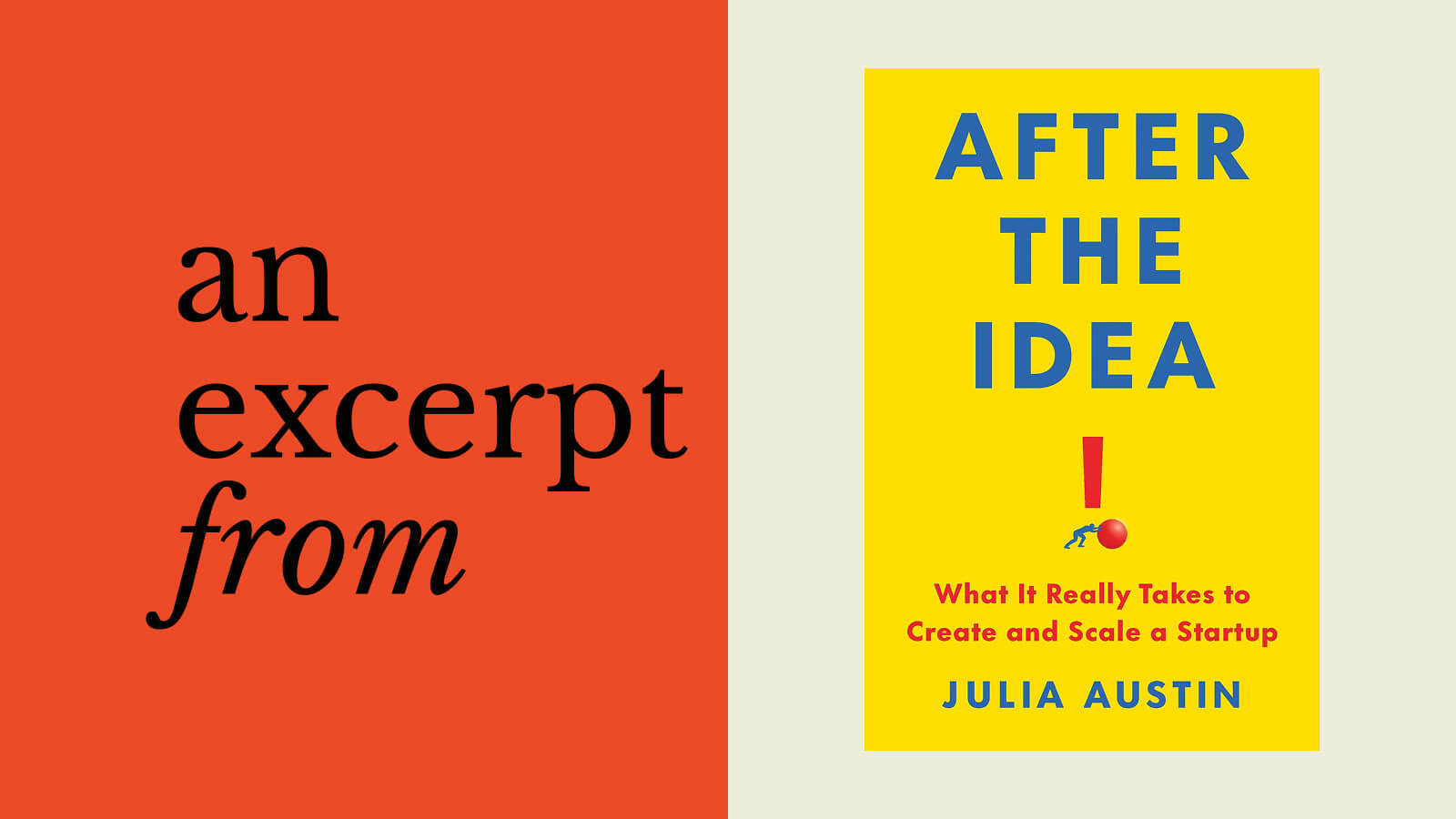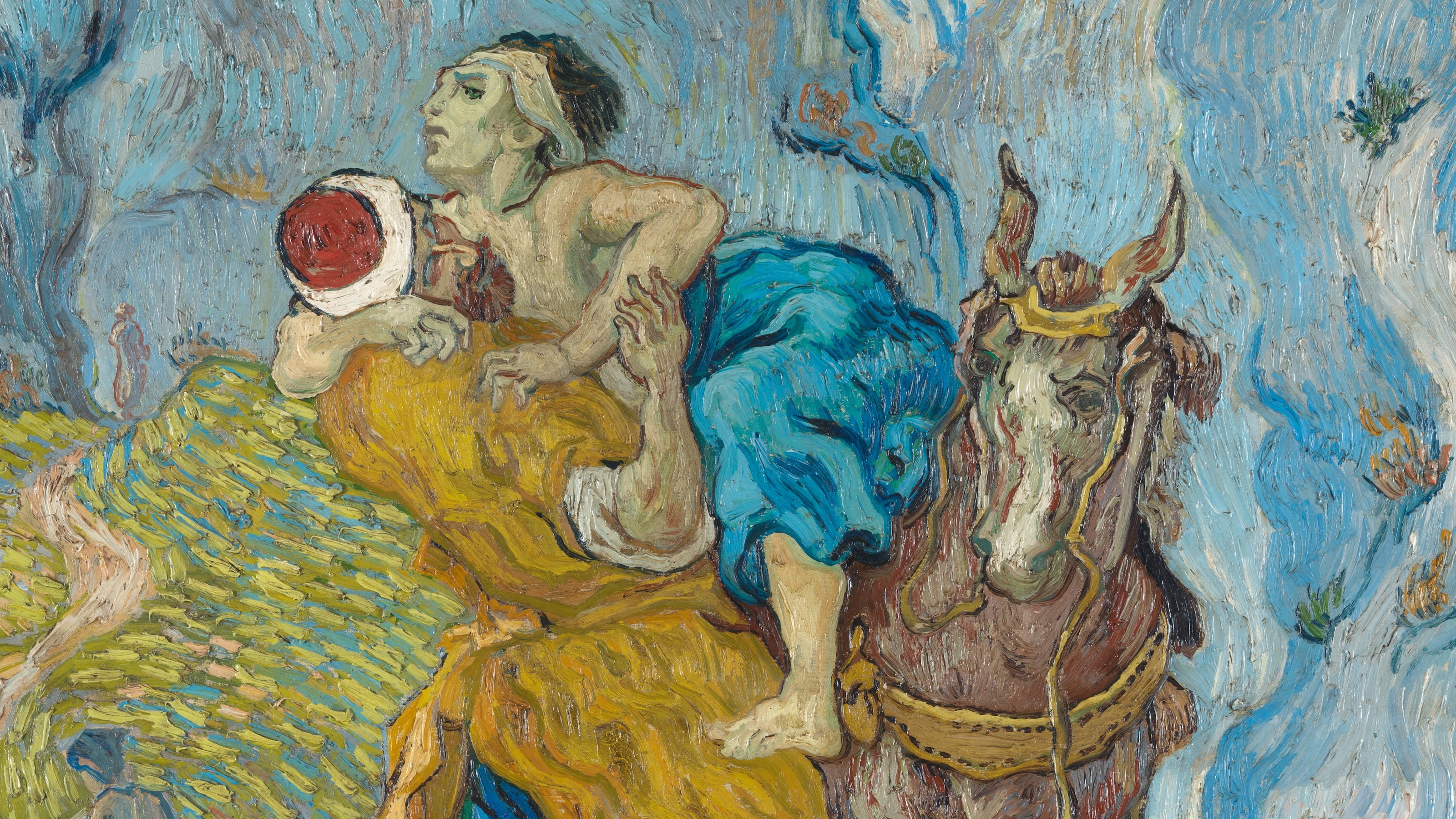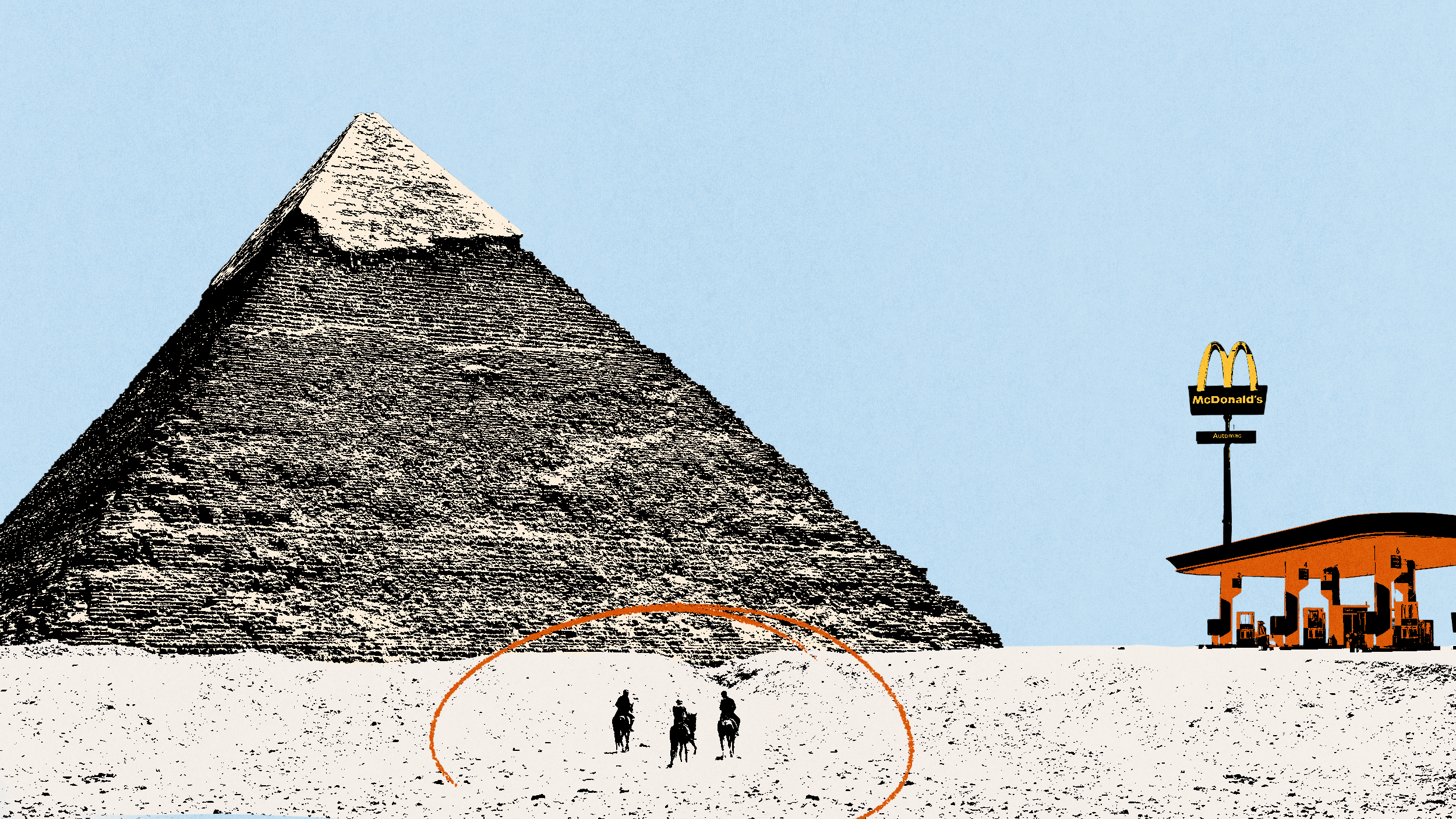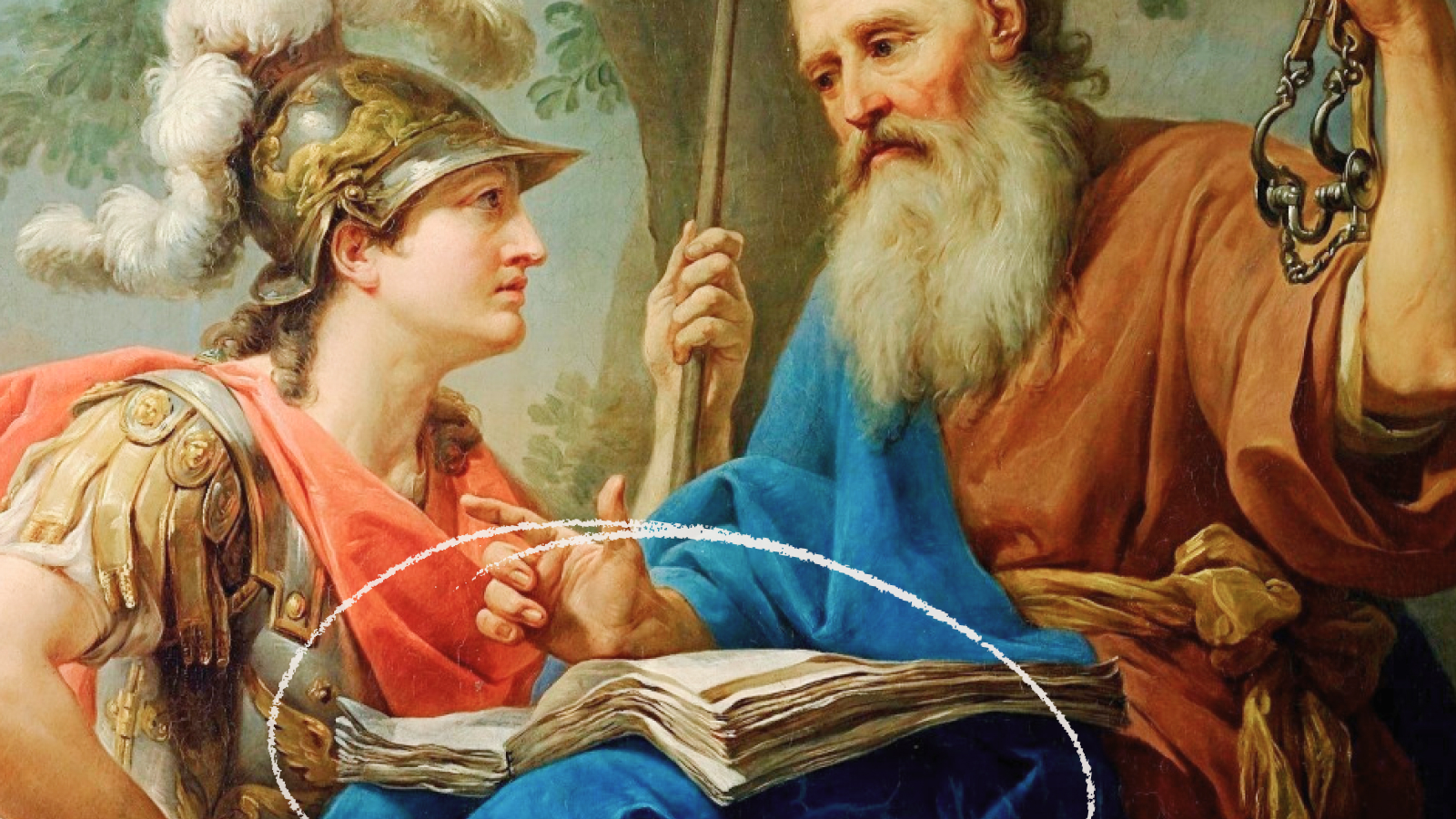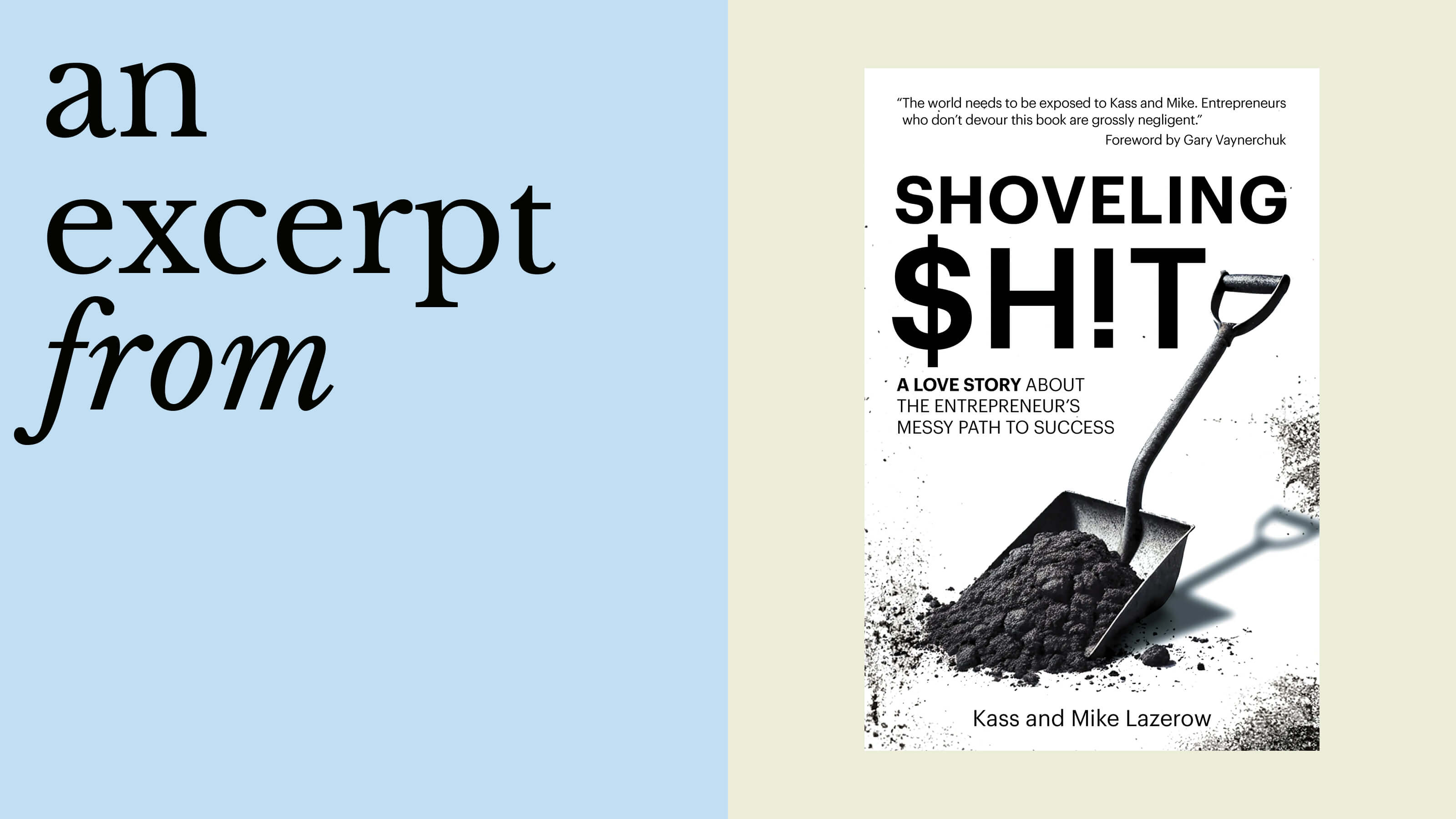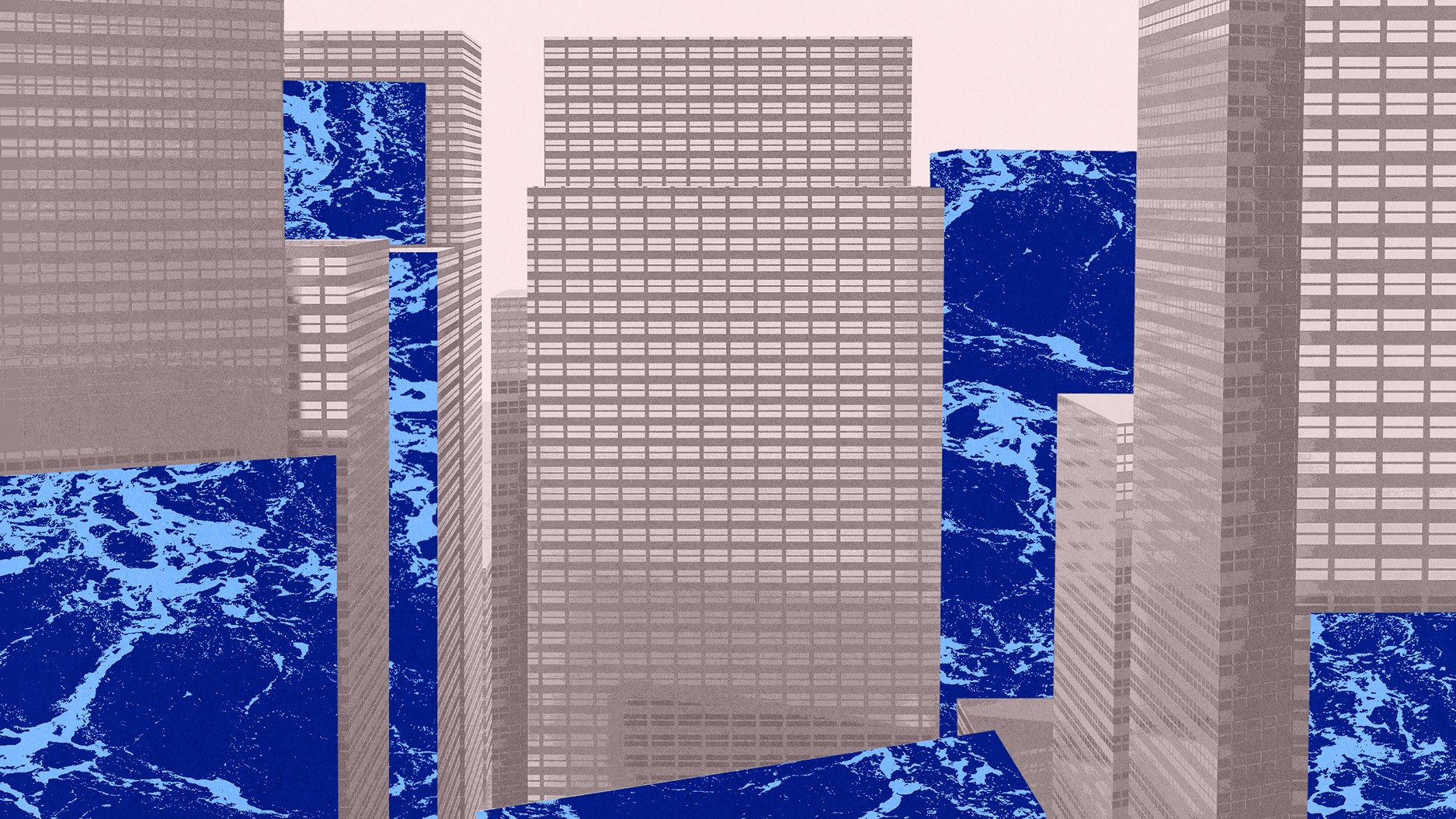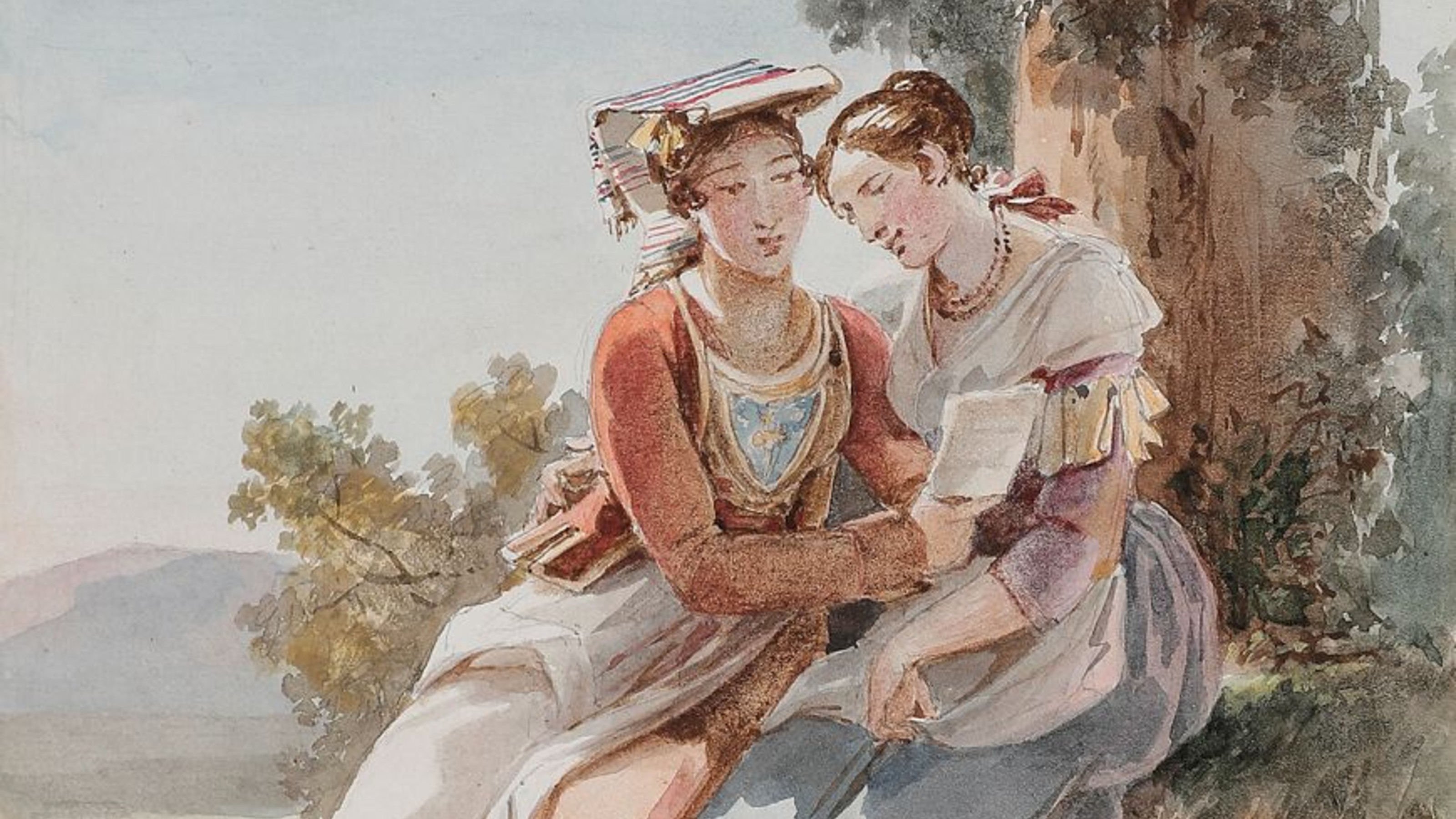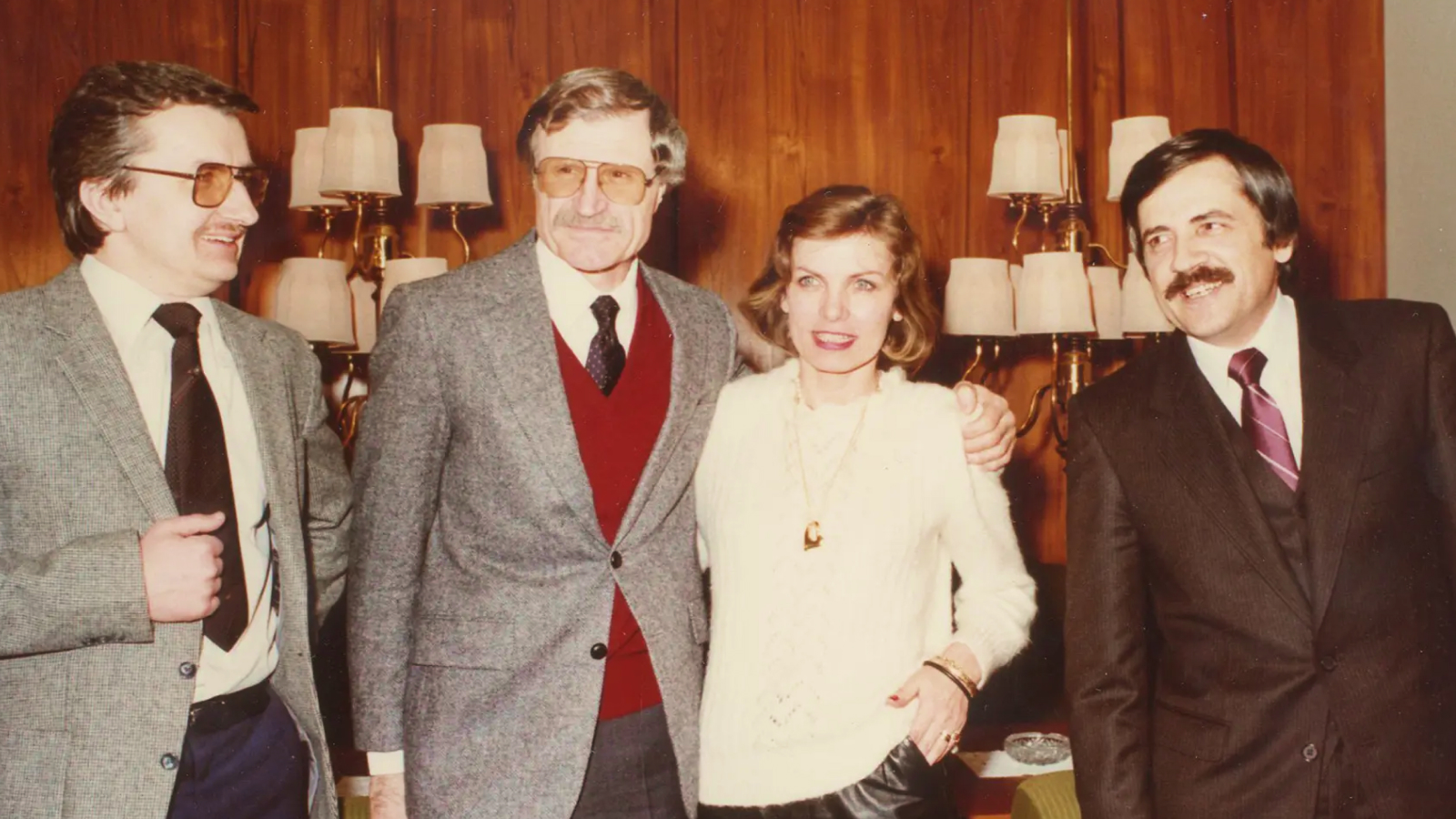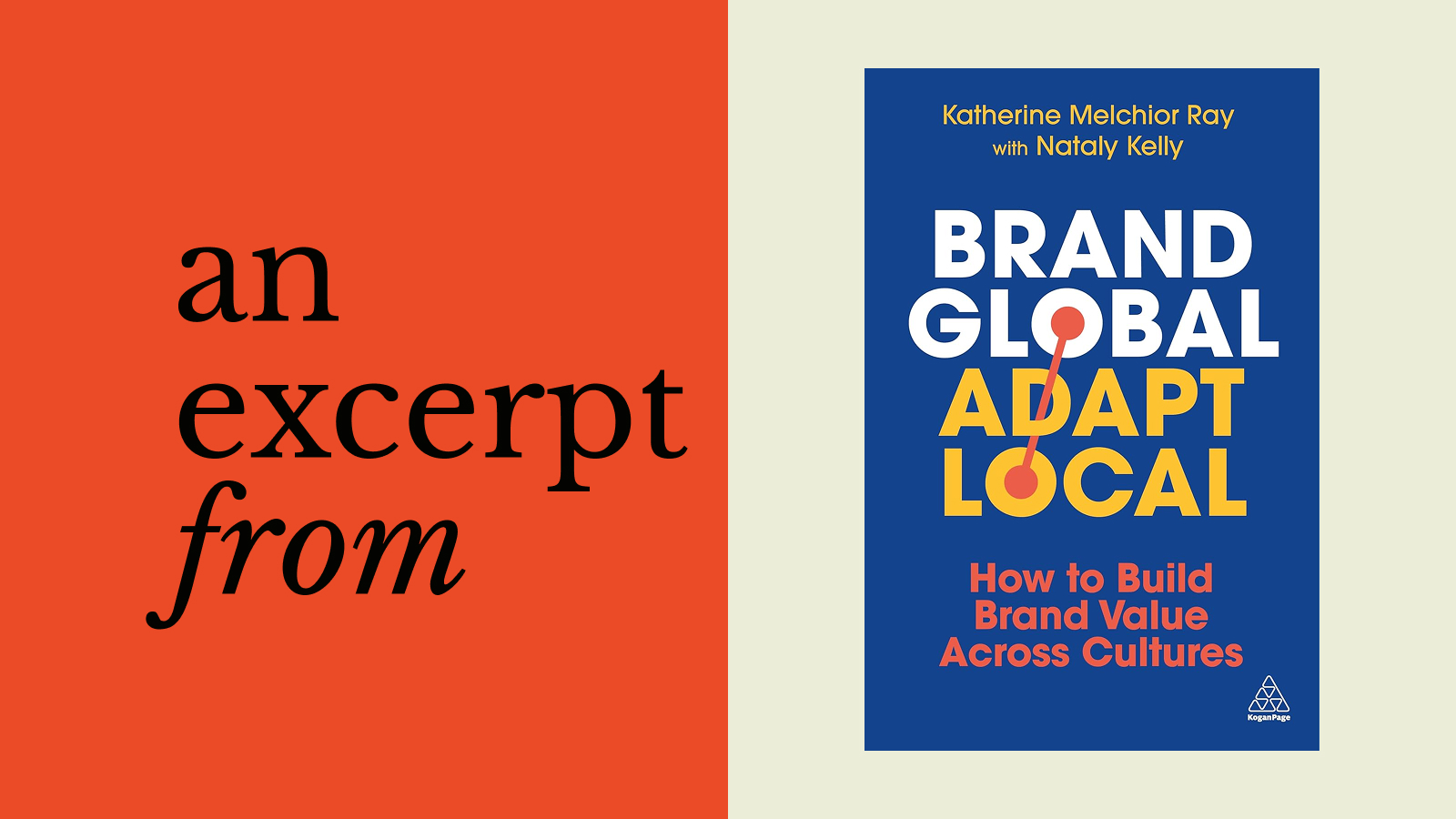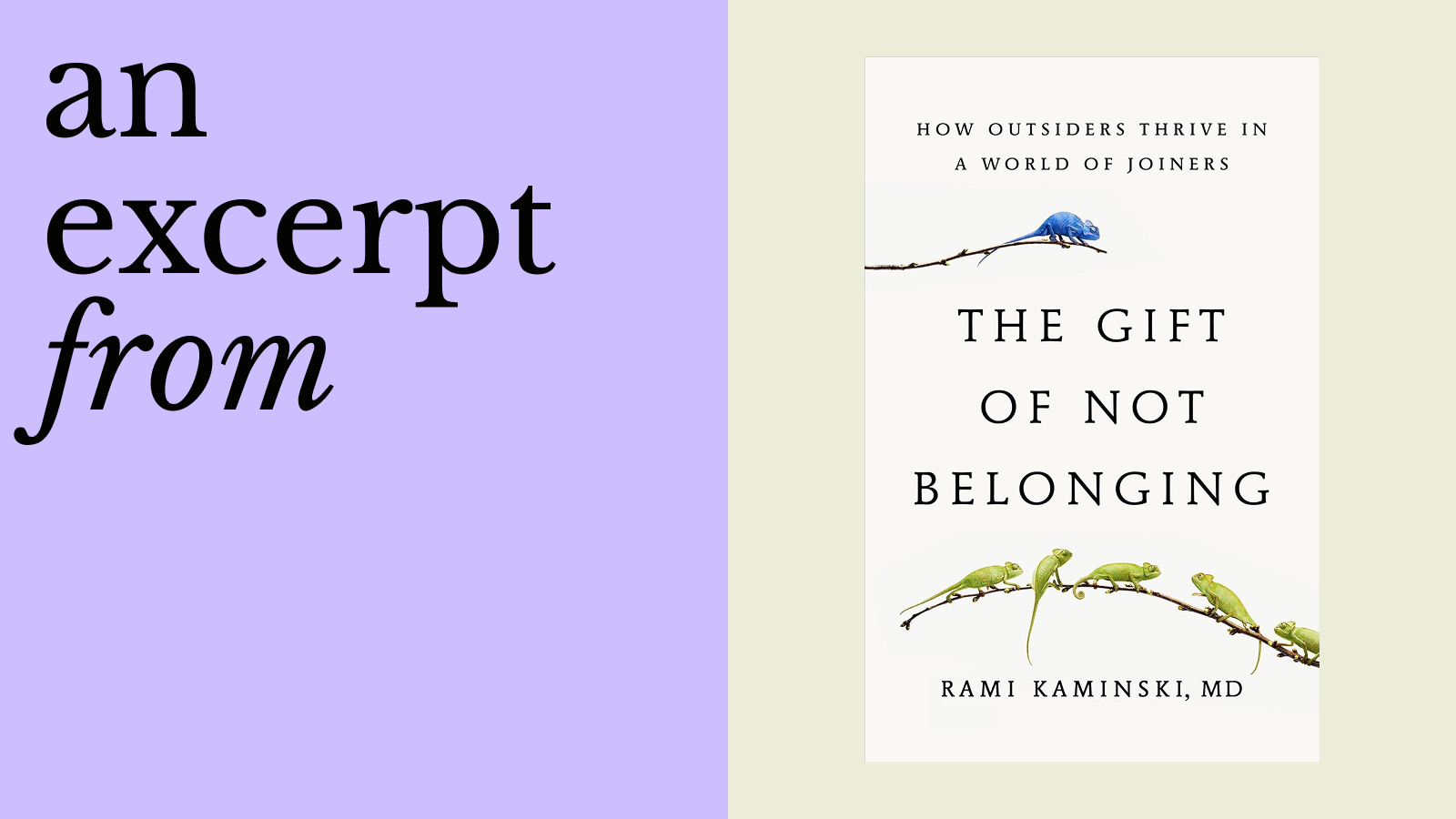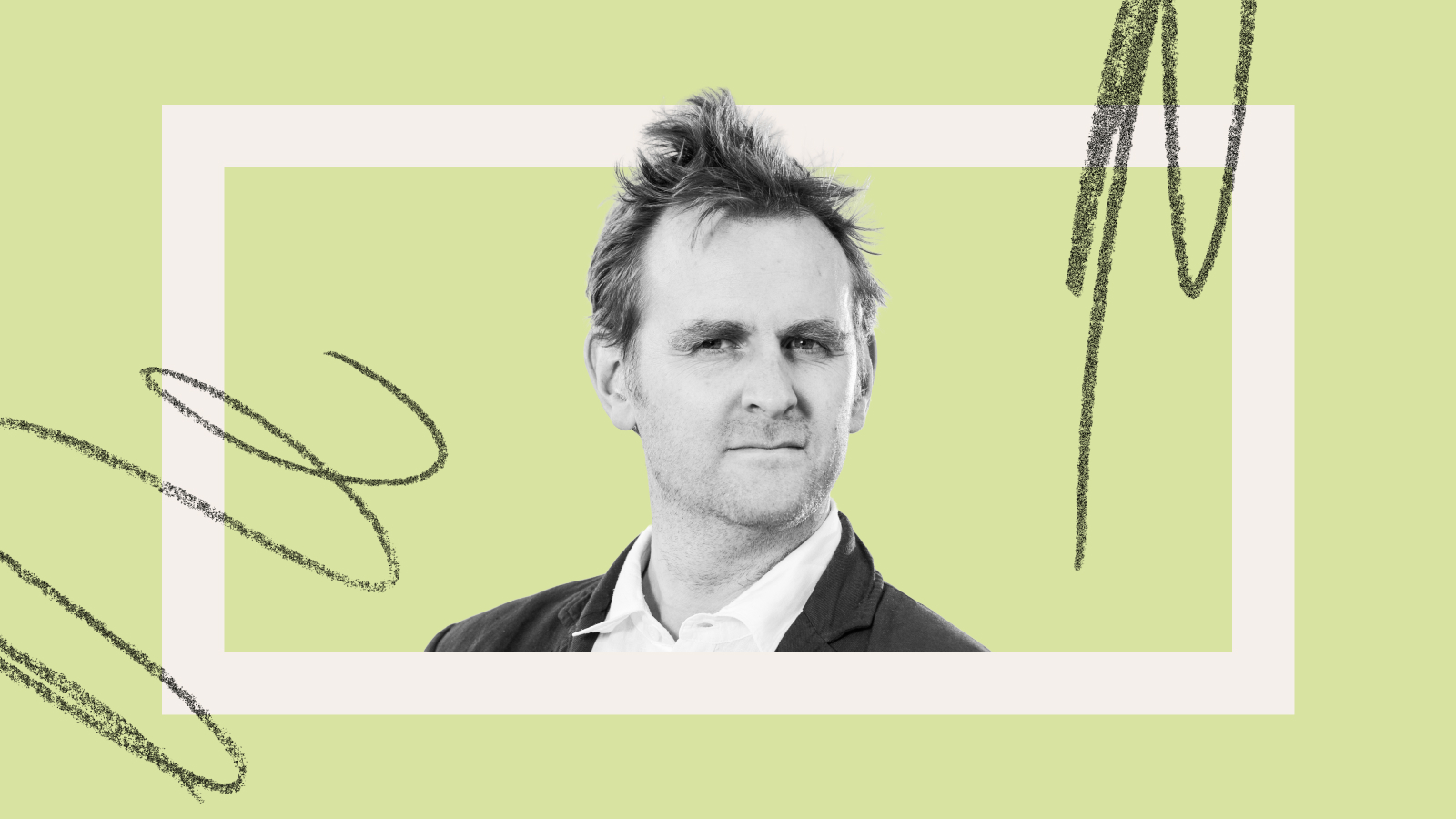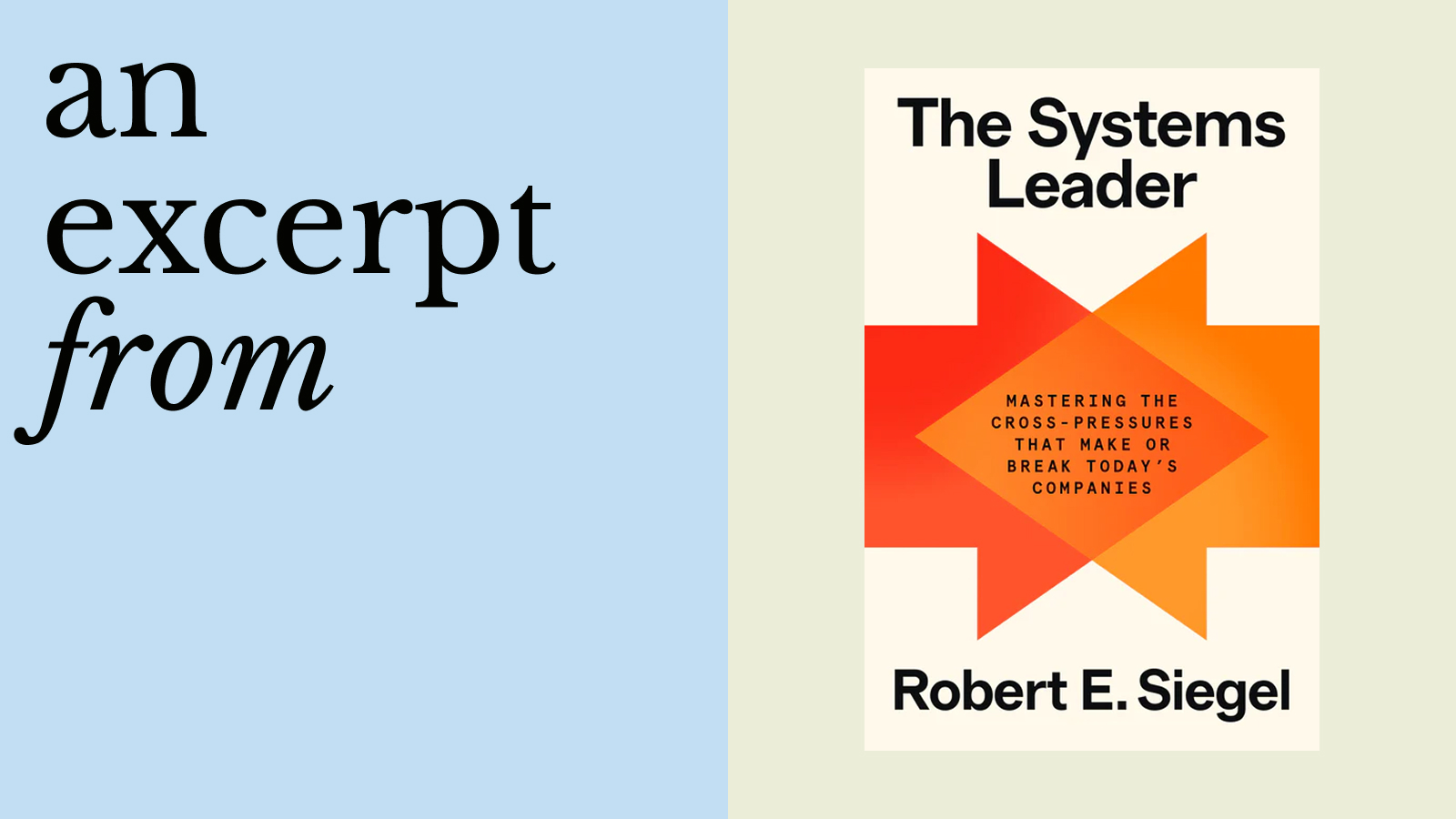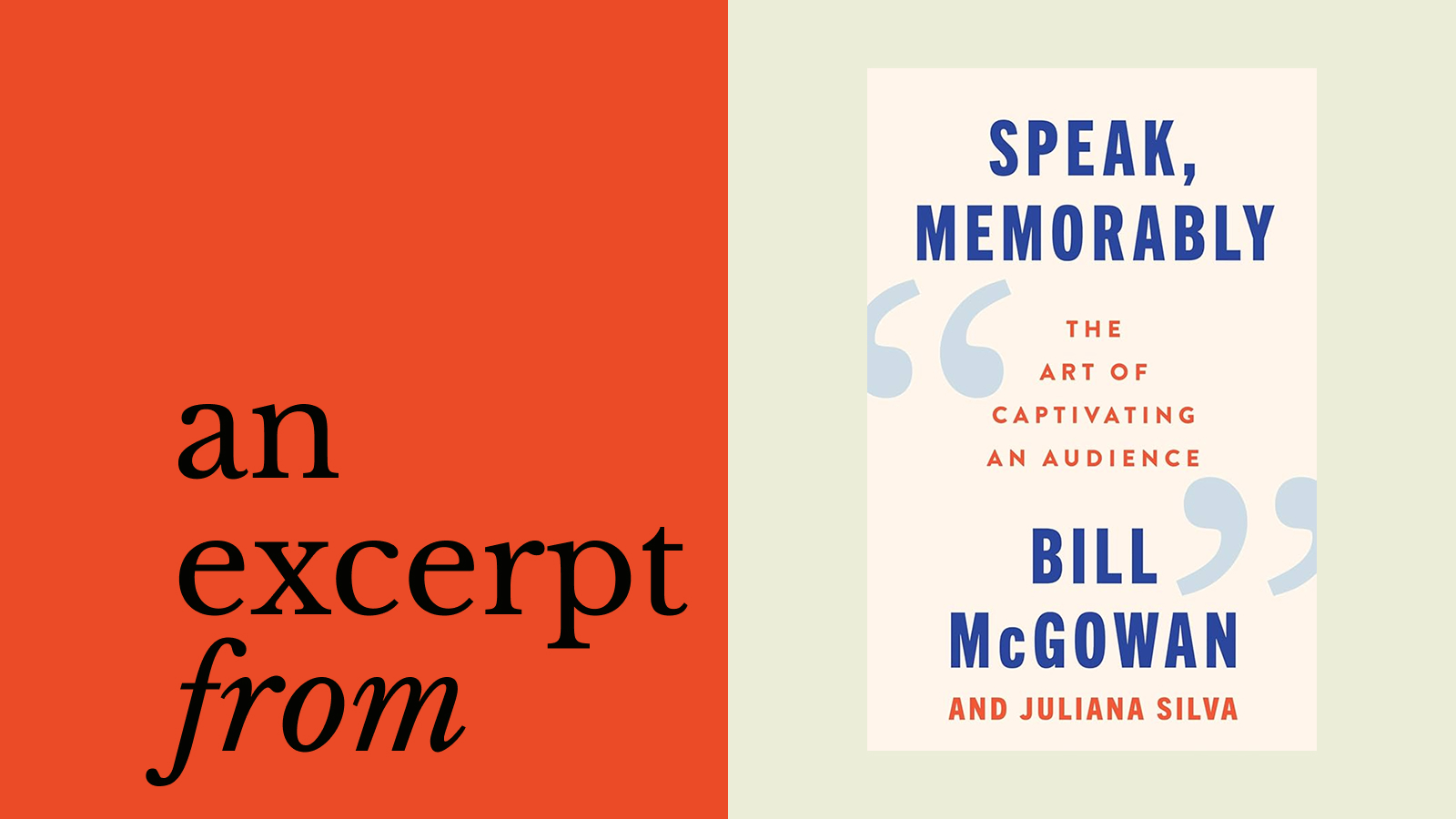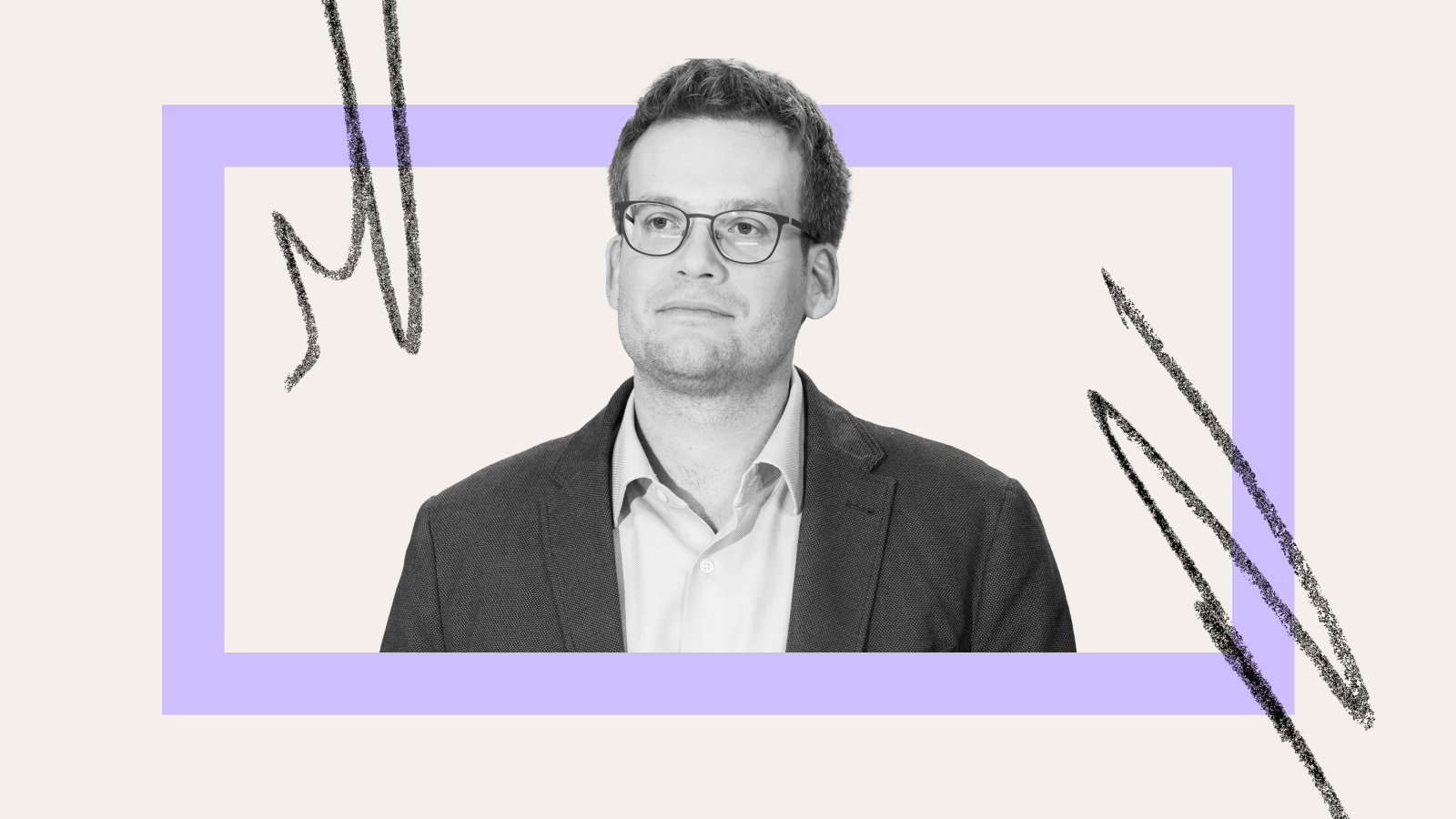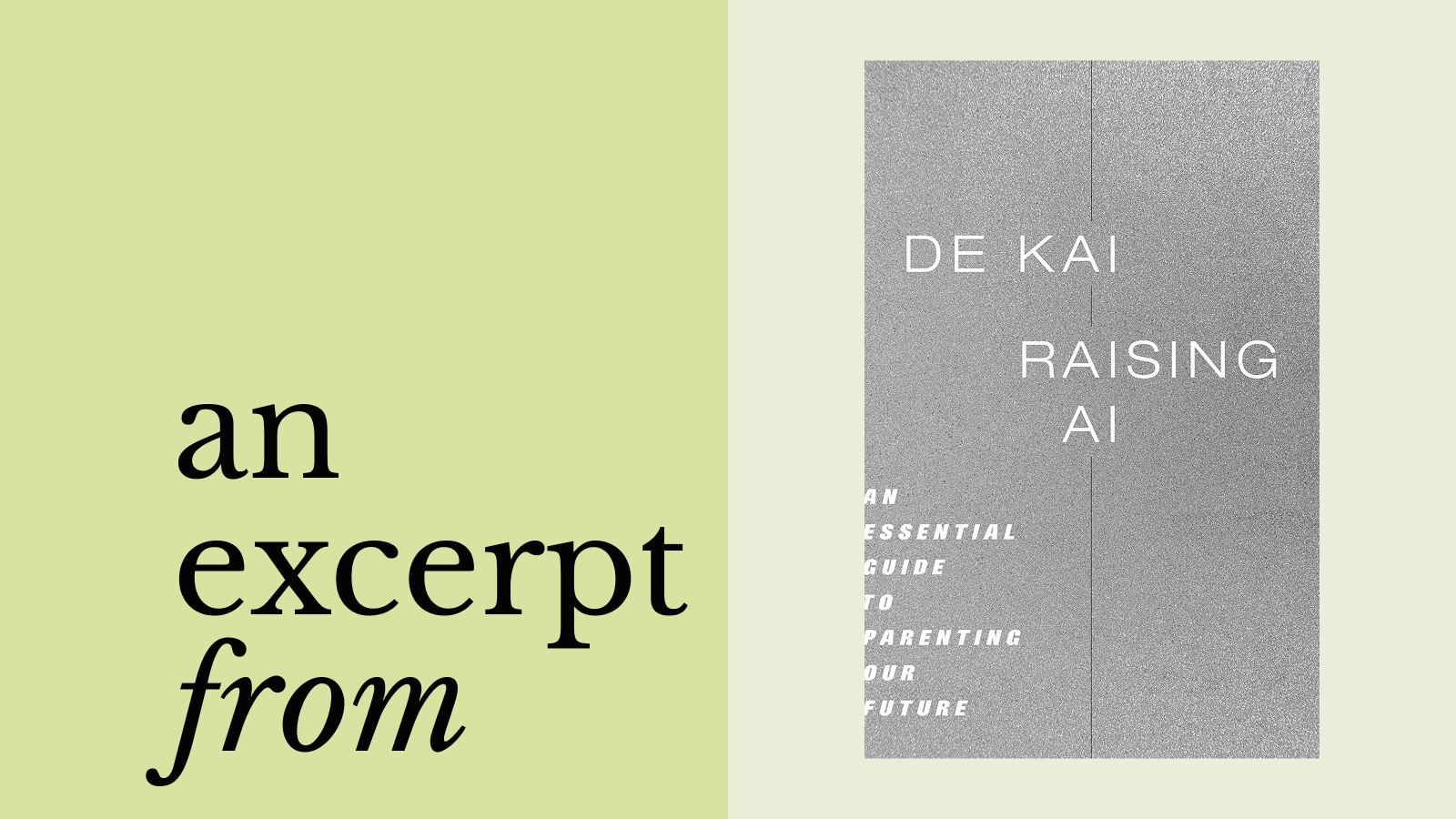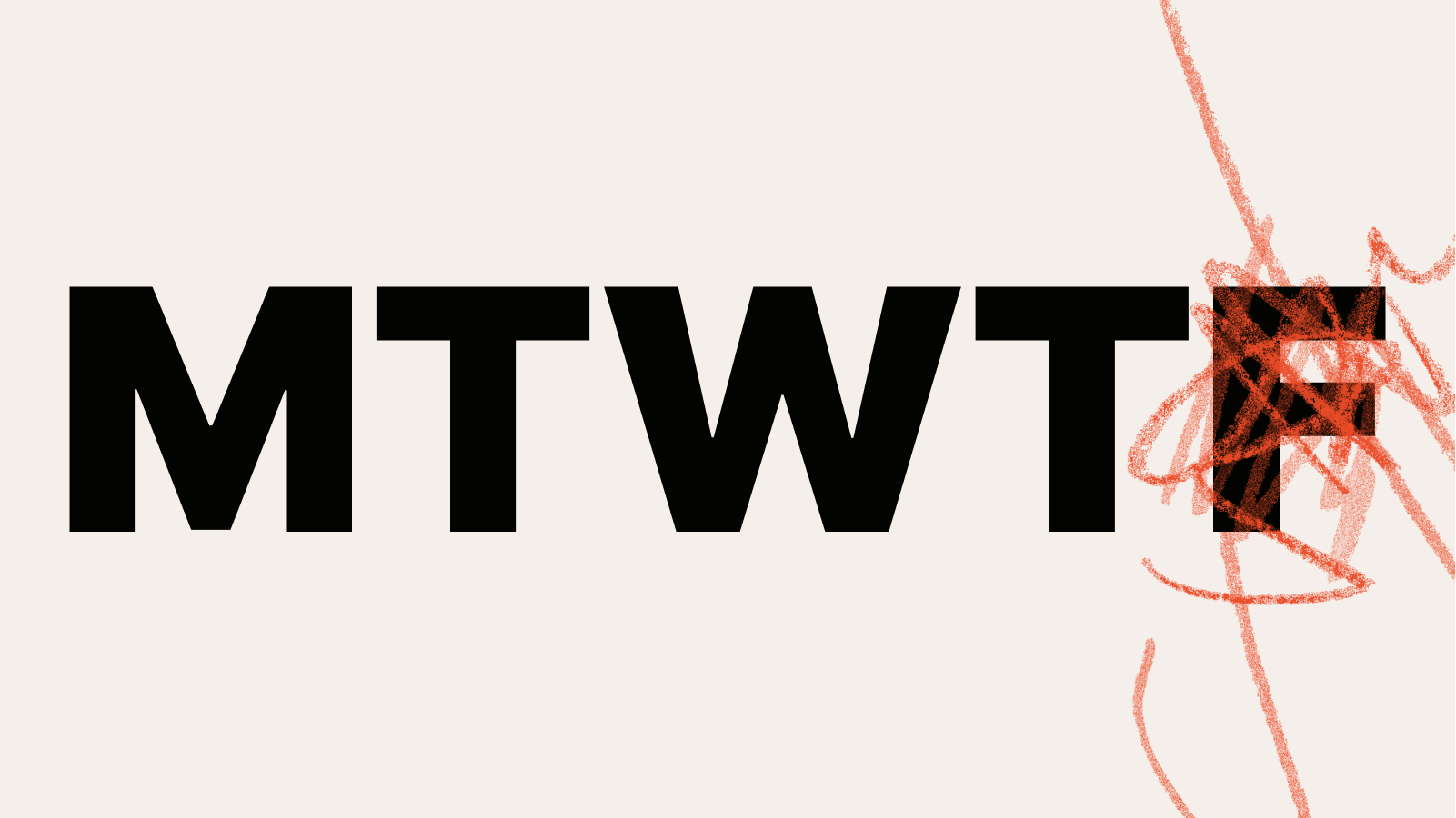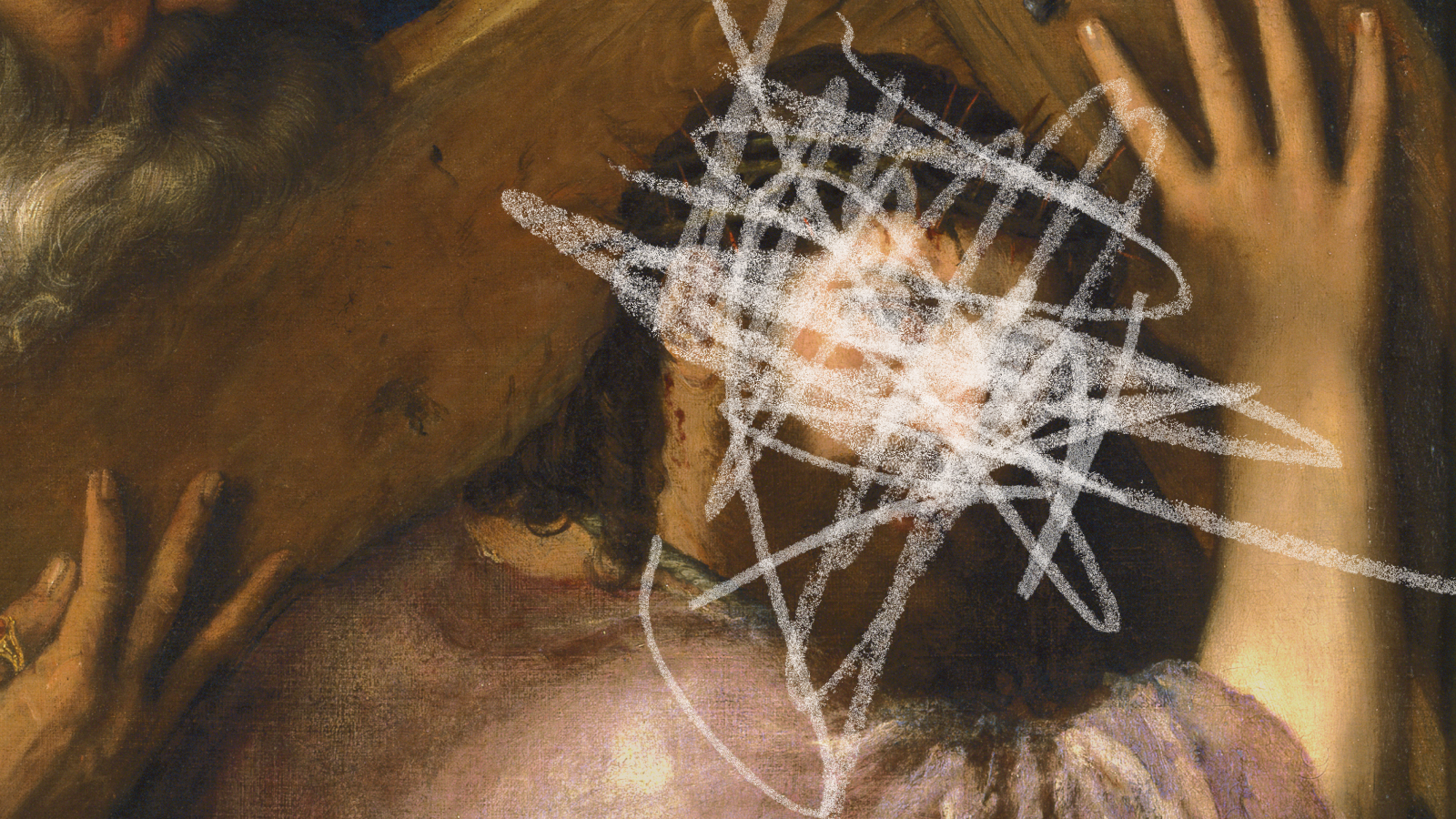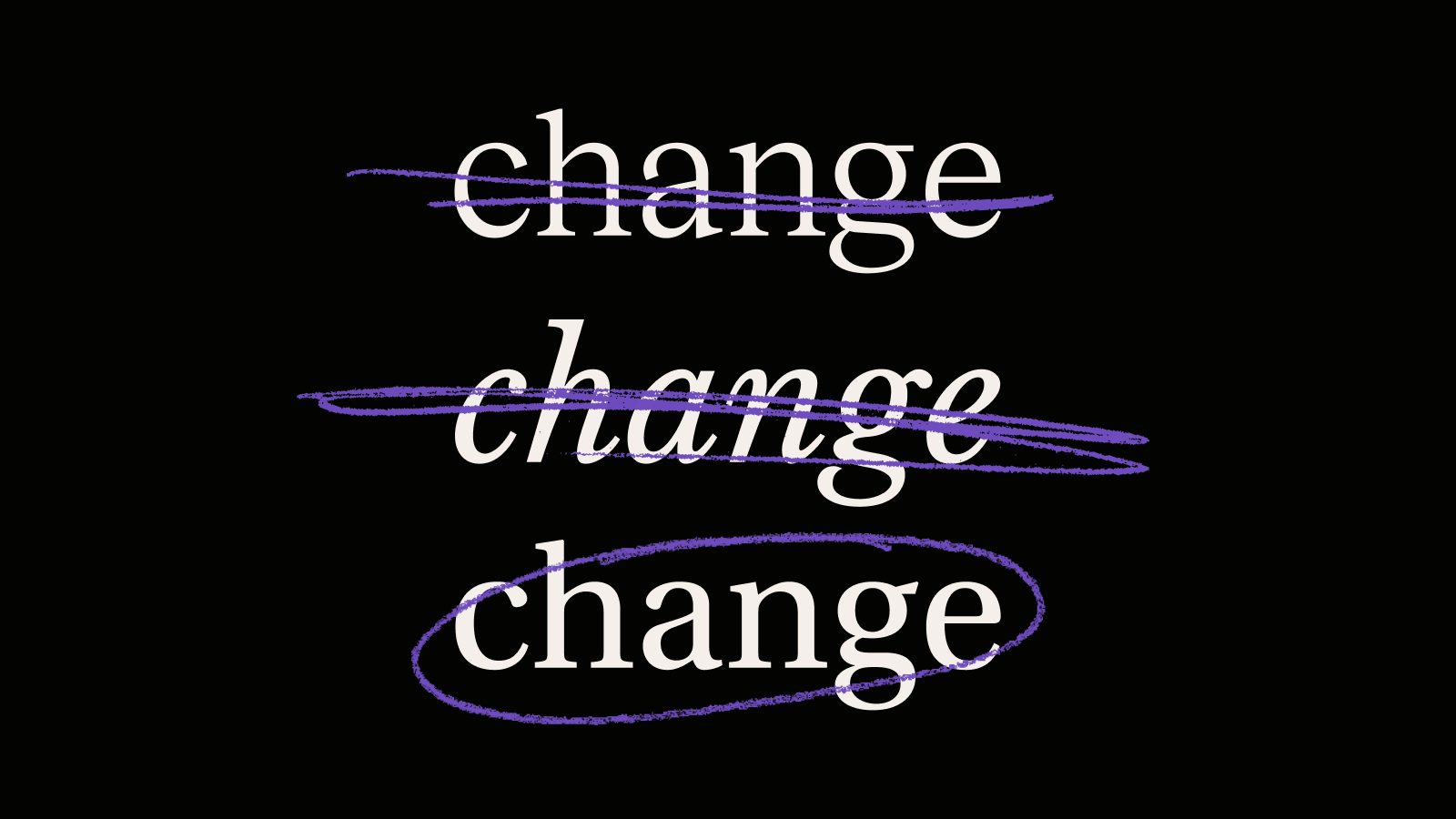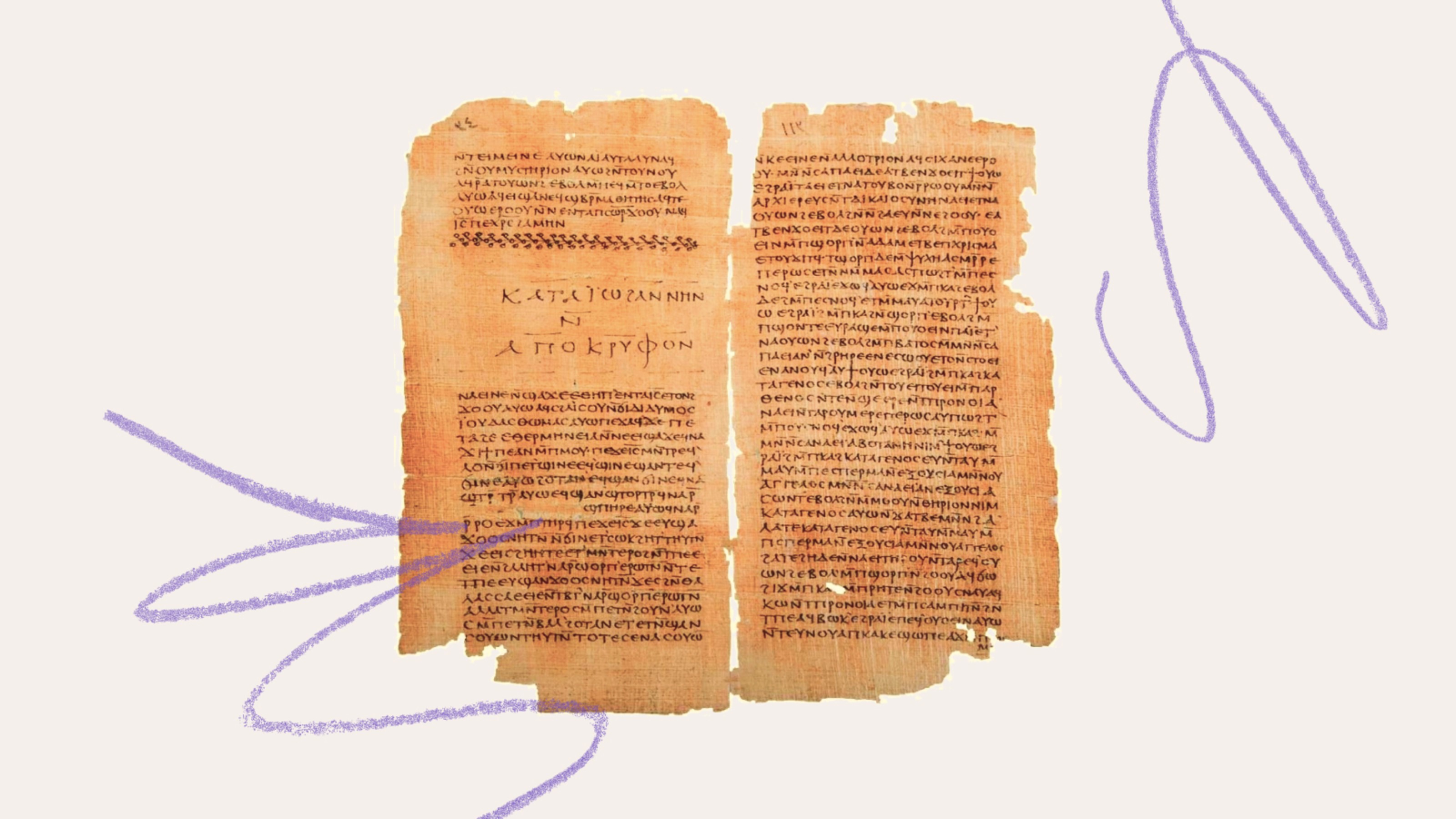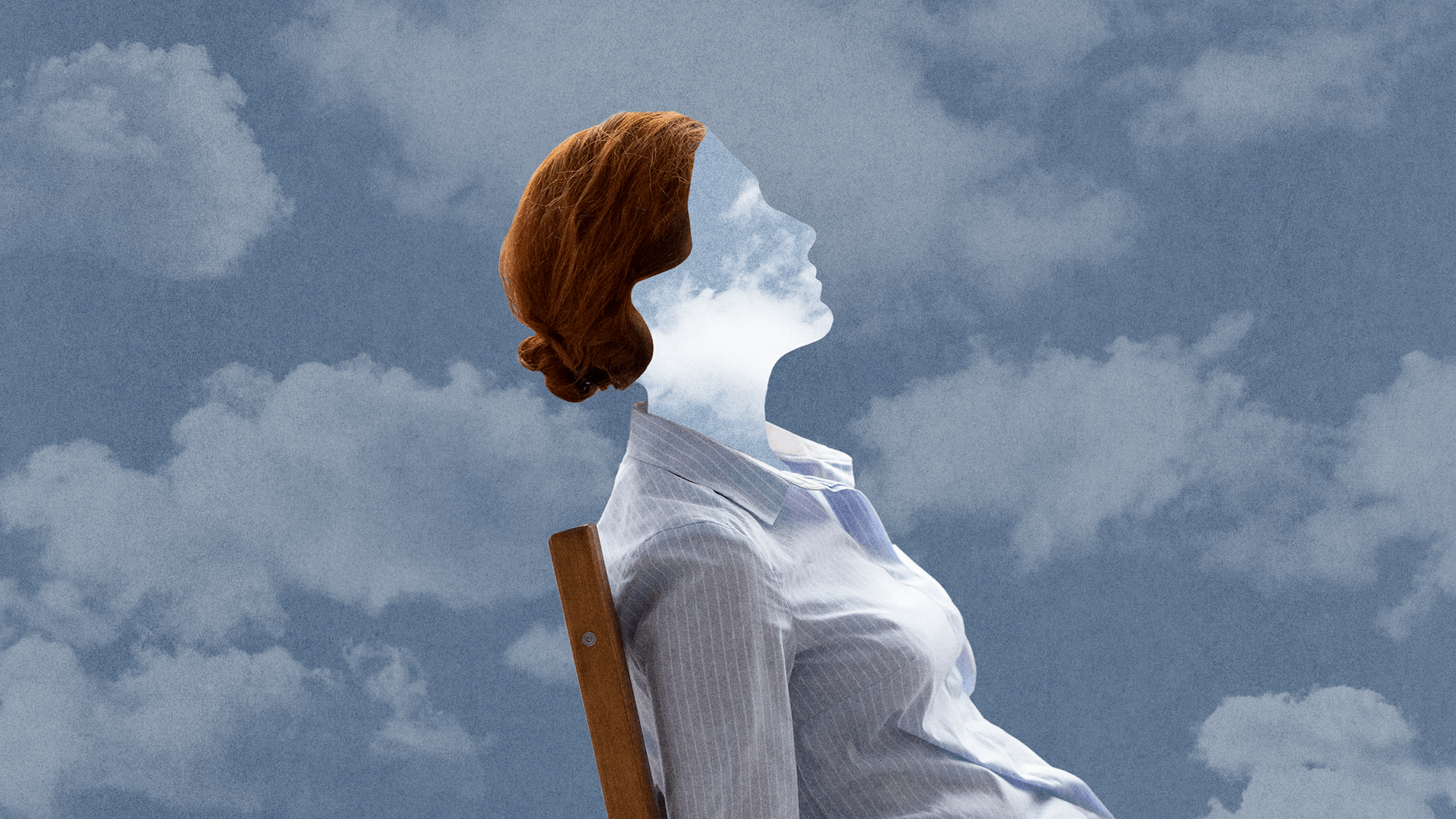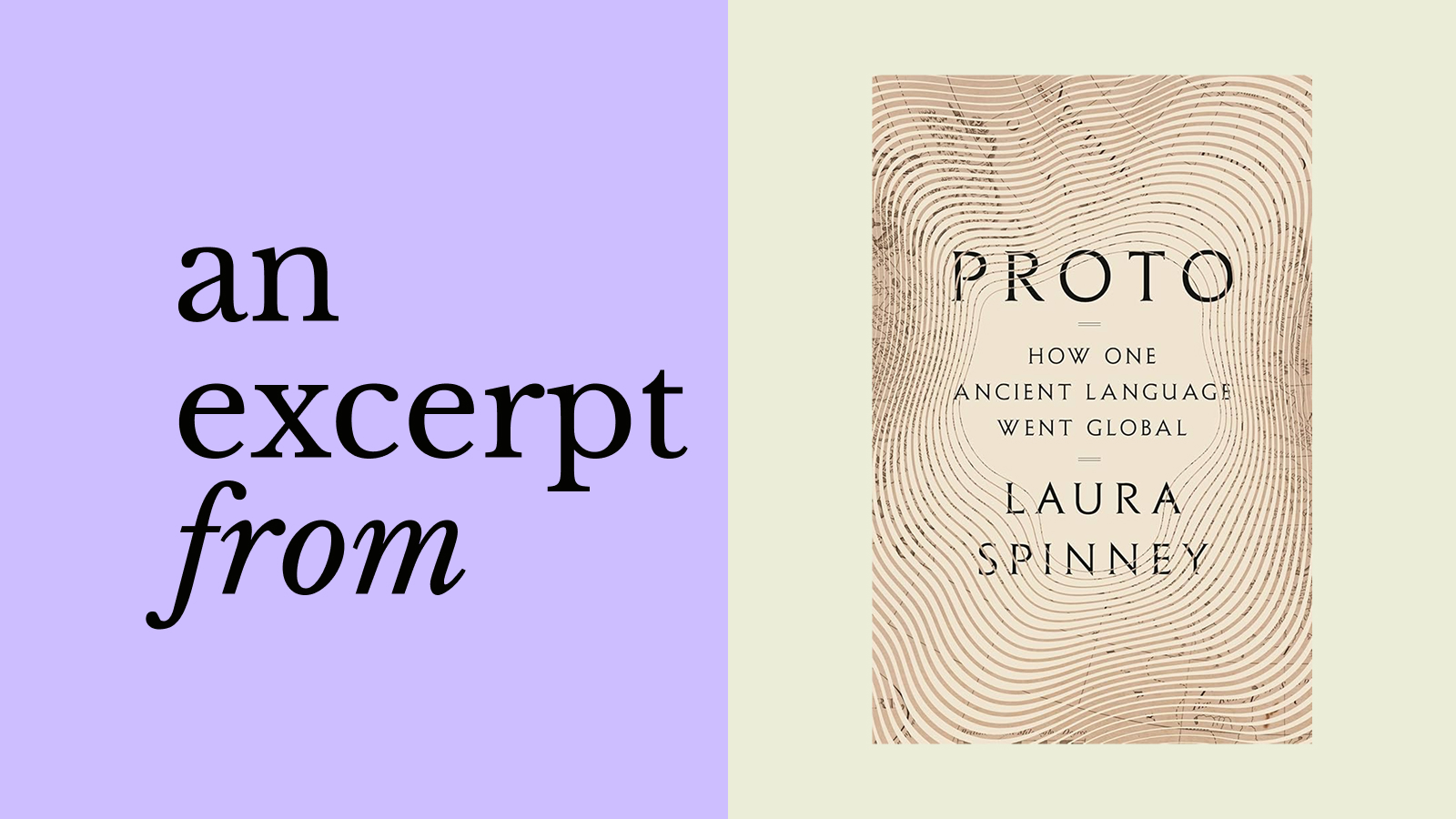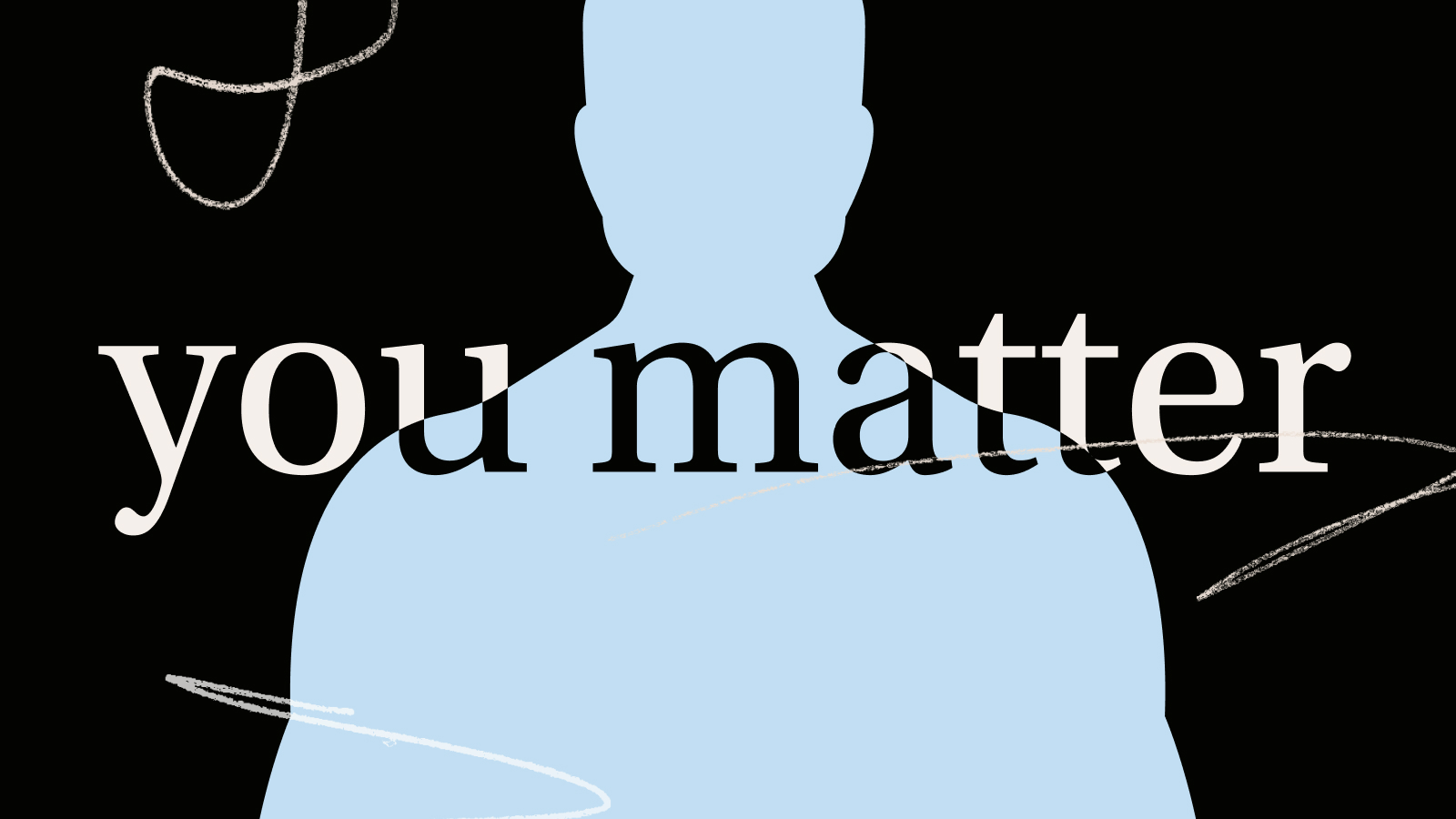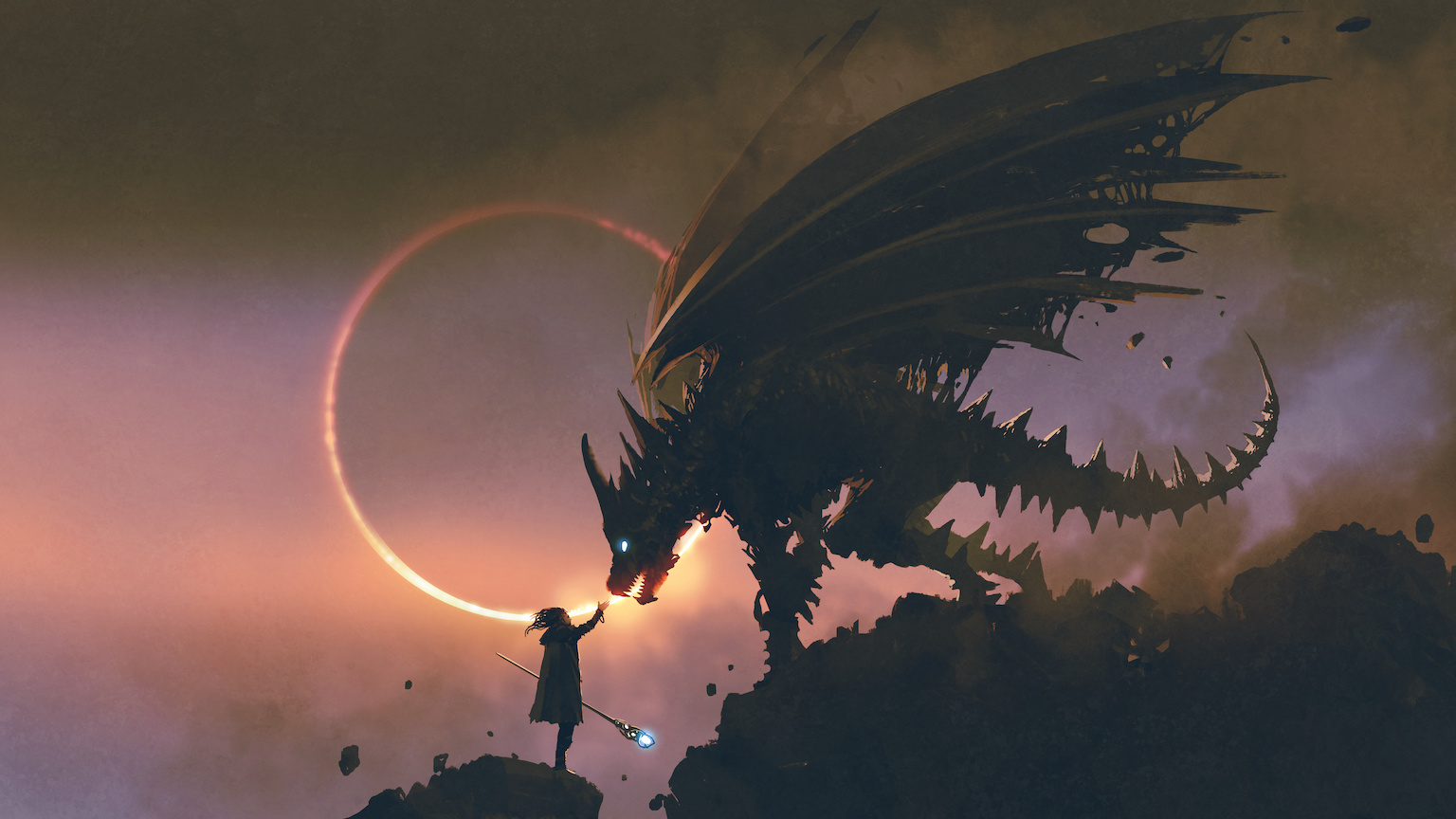books
In “The Headache,” Tom Zeller Jr. explores one of the human brain’s most enduring, and painful, enigmas.
If you want the best shot at long-term success, it can pay to supplement hot-shots with seasoned industry veterans.
The benefits of compassion in the workplace are manifold — but leaders should retain an intentional focus on mental, emotional, and physical balance.
In “Dinner with King Tut,” Sam Kean examines how a burgeoning field is recreating ancient tasks to uncover historical truths.
From Apple to Airbnb to OpenAI the generalist mindset has been an invaluable source of advantage — and we can all learn from these successes.
In “The Microbiome Master Key,” Brett and Jessica Finlay argue that we need to stop waging war on all germs and start working with the microbes that make us who we are.
Want to study philosophy but skip some of its heavier tomes? These five novels are a great place to start. (Existential despair guaranteed.)
If your world-beating idea is not working you might need to change direction — and Instagram cofounder Kevin Systrom provides the perfect case study.
When organizations focus on finding new markets, the returns can be spectacular — as a case study from Australia perfectly illustrates.
Most of us think we’re good listeners, but we’re wrong — and it’s ruining our relationships.
In this excerpt from “Agents of Change,” Christina Hillsberg tells the story of Martha “Marti” Peterson, the first female case officer stationed in Soviet Moscow.
To be culturally intelligent, you must be curious and open-minded — and the benefits can be transformative.
In “The Gift of Not Belonging,” Rami Kaminski explains why group consensus may hinder the original thinkers who help advance society.
With “Karla’s Choice,” Nick Harkaway had an impossible mission: maintain his father’s legacy while staying true to his voice.
The corporate world is no cake walk — as a leader you need a framework that can equip you for the cross-pressures.
For his new book, “The Ghost Lab,” Matt Hongoltz-Hetling spent time with paranormal investigators to understand their relationship with science and society.
In “The Shortest History of the Dinosaurs,” Riley Black reveals the bold mammals that thrived in the Age of Reptiles.
The “primacy/recency effect” is used by celebrated movie-makers, Broadway composers, and restaurateurs — it can work for you too.
John Green opens up about his struggle to remain hopeful while writing about suffering and injustice.
In “Raising AI,” De Kai argues that today’s AIs are already more like us than we think they are.
A reduced working week, argues Juliet Schor, is part of a sane response to the impacts of AI and robotization on human labor.
An atheist’s case for why American democracy needs a more Christlike Christianity.
The Gospels aren’t historical biographies but genre-defining works that blend myth, theology, and a promise of hope.
Creative thinkers are unafraid of the ambiguous spaces where innovation often resides — and this trait is vital when navigating change.
Experts and Big Think writers recommend their favorite reads for diving deeper into the history and perspectives found in the Book of Books.
Neuroscience supports the notion that mindfulness and meditation should become essential assets in our workspaces.
English could settle into a state of “diglossia” where a gulf exists between the written form and its spoken varieties, but the two are bound into a single tongue.
Harness the power of “respectful engagement” to make sure everyone in your team feels like they matter.
According to Tolkien, fantasy requires a deep imagination known as “sub-creation.” And the genre reflects a fundamental truth of being human.
From medieval myths to Shakespeare’s plays and modern cinema, British culture kept the Roman Empire alive long after its fall.

